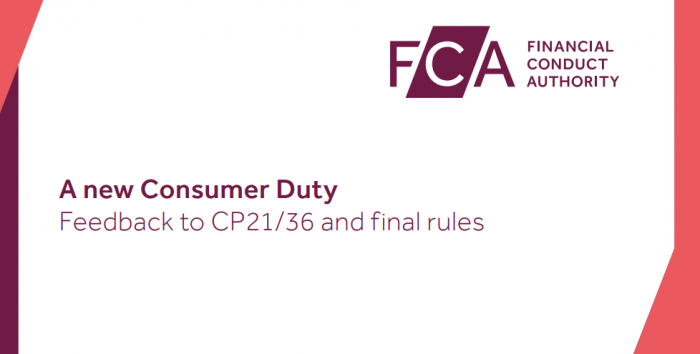The Financial Conduct Authority’s (FCA) decision to extend the implementation period of its Consumer Duty followed concerns raised by industry respondents who claimed the original timetable was “highly challenging” and “overly short”.
In its PS22/9 policy statement announcing the rules, the regulator revealed it received 151 responses to its previous consultation on the rules published in December.
It revealed one of the key issues raised by almost all respondents and trade bodies was the original proposed implementation period for the Consumer Duty of nine months which would end on 30 April 2023.
Industry respondents said they felt strongly that this timetable was “highly challenging”, with some respondents calling for a phased approach or called for longer time for them to review back books.
Respondents also claimed this “overly short” implementation period would increase several risks. This included either operational and execution risk or the risk of unintended consequences if firms withdrew certain products or services.
They also highlighted the FCA had previously given longer implementation periods for equivalent policy interventions.
In contrast, consumer organisations were largely supportive of or silent on the timeline and the FCA Consumer Panel supported the proposed implementation period.
Acknowledging the demands on the industry, the regulator acted to extend the deadline.
“We want the duty to be in effect as soon as practicable, so that consumers can start to benefit from enhanced protections,” the regulator said.
“At the same time, we recognise the challenges some firms will face. We are therefore proposing a phased approach.”
Firms now need to apply the duty to new and existing products and services that are open to sale (or renewal) from 31 July 2023, with firms given longer, until 31 July 2024, to apply the duty to products and services held in closed books.
“We expect firms to make full use of the implementation period, and to plan and prioritise implementation work effectively so they meet the standards required by the duty,” the FCA added.
